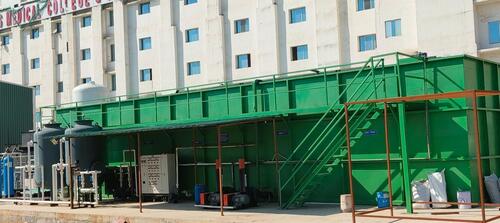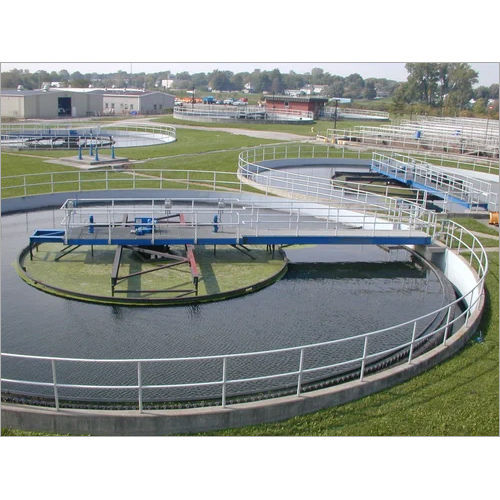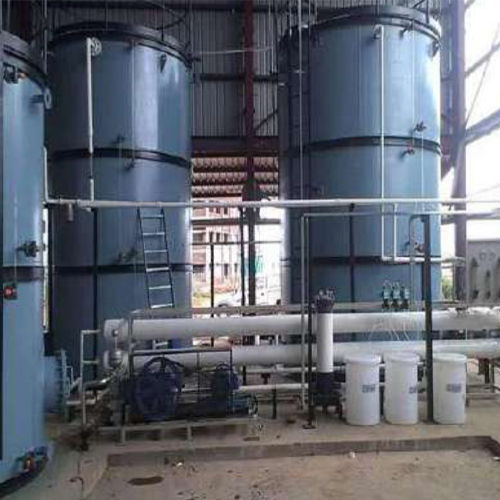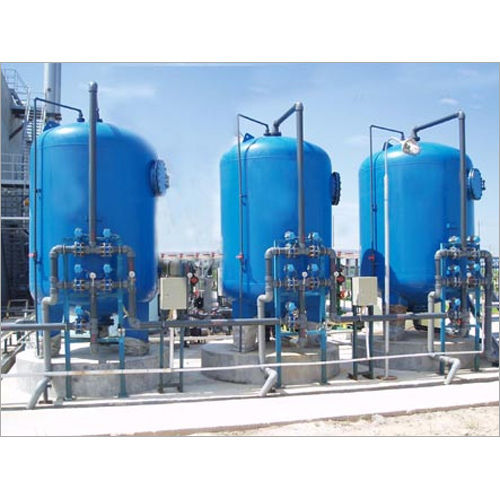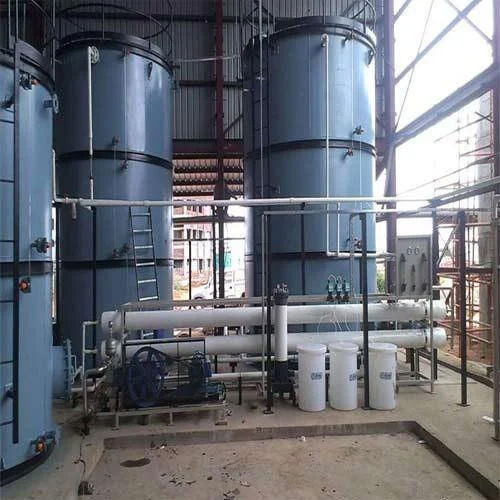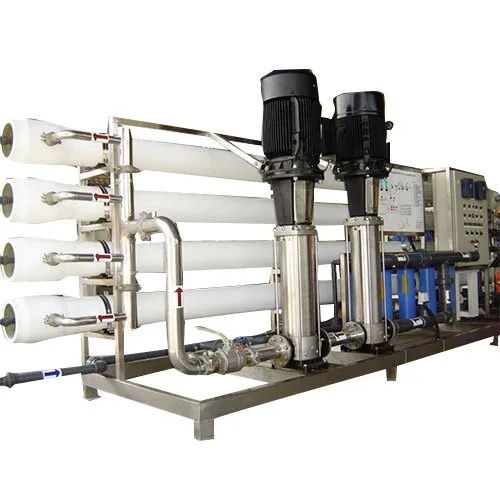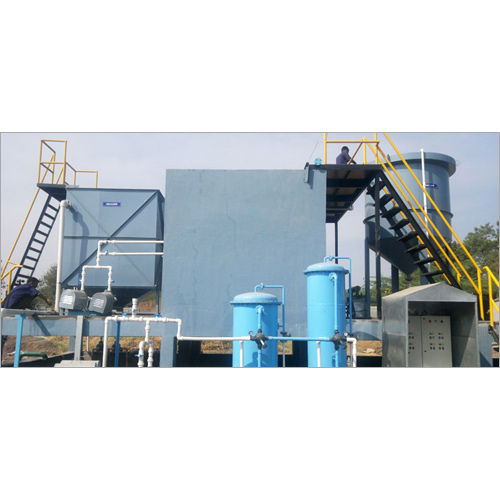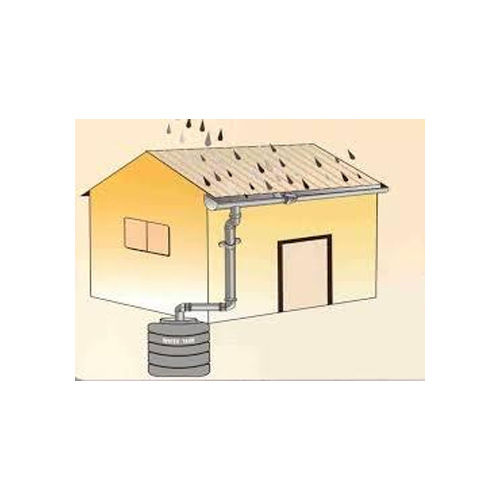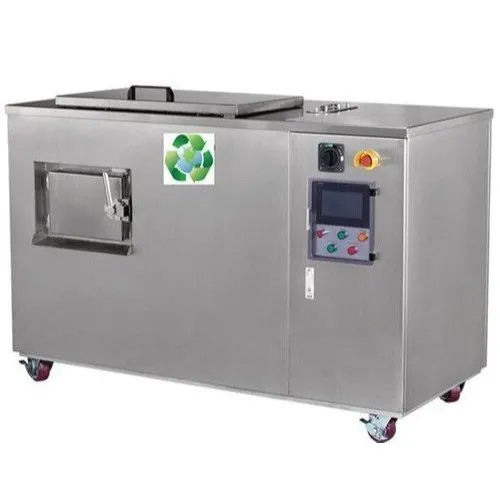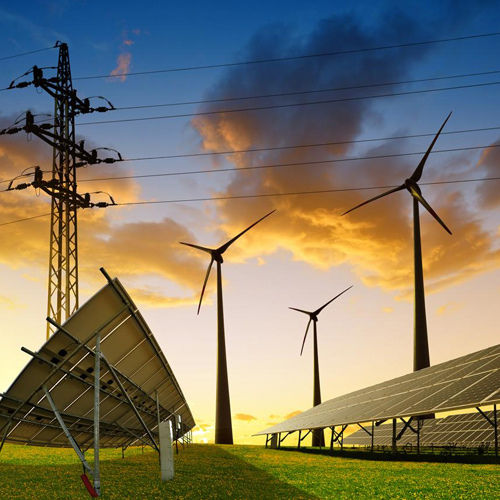Showroom
Sewage Treatment Plants utilize advanced technologies to efficiently process and treat sewage, removing contaminants and ensuring proper disposal or reuse of treated wastewater. These plants meet stringent environmental regulations, protecting natural water bodies from pollution.
Water Treatment Plants employ state-of-the-art processes, such as filtration, disinfection, and purification, to remove impurities from water sources. These plants guarantee a reliable supply of clean and safe water suitable for domestic, industrial, or agricultural applications.
Effluent Treatment Plants are designed to treat industrial effluents, removing harmful substances, pollutants, and contaminants before discharging the treated water. These plants play a crucial role in helping industries comply with environmental norms and minimize their ecological impact.
Water Softener Plants utilize advanced technologies to effectively remove hardness-causing minerals, such as calcium and magnesium, from water. These plants prevent scale buildup and improve the efficiency of water-based systems for domestic, commercial, and industrial applications.
Zero Liquid Discharge Plants implement cutting-edge technologies to treat and recycle wastewater, minimizing or completely eliminating liquid discharge. These plants promote sustainable water conservation practices and environmental stewardship by maximizing water reuse.
Drinking Water Plants employ multiple treatment processes, including filtration, disinfection, and purification, to ensure the water supplied is safe, clean, and free from contaminants. These plants provide reliable access to potable water for communities and industries.
Wastewater Management Systems encompass a comprehensive range of technologies and processes designed to efficiently collect, treat, and dispose of wastewater. These systems protect the environment from contamination while ensuring compliance with local and national regulations.
Water Conservation Systems incorporate various strategies, such as rainwater harvesting, greywater recycling, and efficient irrigation, to optimize water usage and reduce waste. These systems contribute to sustainable water management and long-term water security.
Organic Waste Composters utilize controlled decomposition processes to convert organic waste materials into nutrient-rich compost. These composters promote sustainable waste management practices and provide valuable soil amendments for agricultural and horticultural applications.
Energy Conservation Products encompass a wide range of solutions designed to reduce energy consumption, increase efficiency, and promote sustainable practices. These products include energy-efficient appliances, insulation materials, renewable energy systems, and smart energy management solutions.
 |
Green Aqua Technologies
All Rights Reserved.(Terms of Use) Developed and Managed by Infocom Network Private Limited. |
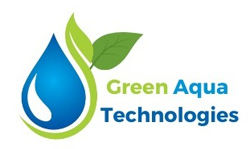
 Call Me Free
Call Me Free Send SMS
Send SMS
